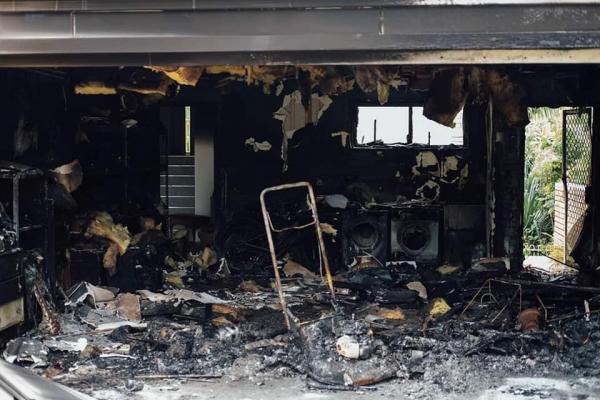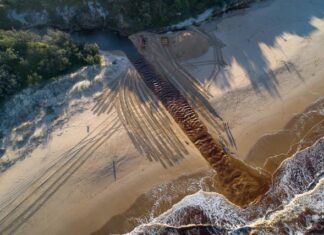As temperatures begin to drop across some parts of the state, Queenslanders are reminded to review their home fire safety arrangements.
Minister for Fire and Emergency Services Mark Ryan said Queensland Fire and Emergency Services (QFES) crews responded to more than 2,600 residential house fires during the past five winters.
“Winter is the peak season for house fires, with firefighters responding to an average of 40 incidents per week,” Mr Ryan said.
“House fires move fast and can happen to anyone, in any type of home.
“Don’t be complacent and think it won’t happen to you – the reality is most fires are caused by everyday items such as cooking equipment, faulty or poorly maintained appliances, and flammable materials placed too close to heat sources.
“When heat and toxic smoke start to fill your home, your best chance of survival will be working, interconnected, photoelectric smoke alarms and a well-practised fire escape plan. Take five minutes now to get out alive.”
QFES Commissioner Greg Leach said with Queensland currently outside of its traditional natural disaster seasons, now was the perfect time for families to make sure their home fire safety was up to date.
“We know most Queenslanders are aware of the risks associated with house fires, however QFES’ research shows one in three families don’t feel prepared,” Mr Leach said.
“Creating and practising a fire escape plan takes less than five minutes and is a simple, practical way to ensure your family knows what to do in the event of a house fire.
“Young children and the elderly are the most at risk, so it’s especially important to consider how they will escape safely. For instance, young children can’t escape a burning house without you, so who is getting the baby or toddler?
“Make it a priority this winter to draw up an escape plan with multiple exits based on the location of the fire and practice it regularly with your family.”
In addition to practicing fire escape plans, Commissioner Leach encouraged residents to make the switch to interconnected, photoelectric smoke alarms.
“Smoke alarms save lives and interconnected, photoelectric smoke alarms are the safest option available,” he said.
“When one interconnected smoke alarm goes off, they all go off. Every second counts in a house fire so the earlier you’re warned, the better your chances are of a safe escape.
“I also remind everyone that the next stage of Queensland’s nation-leading 2017 smoke alarm laws will commence on 1 January 2022, and apply to residential rental properties and residential property sales.”








